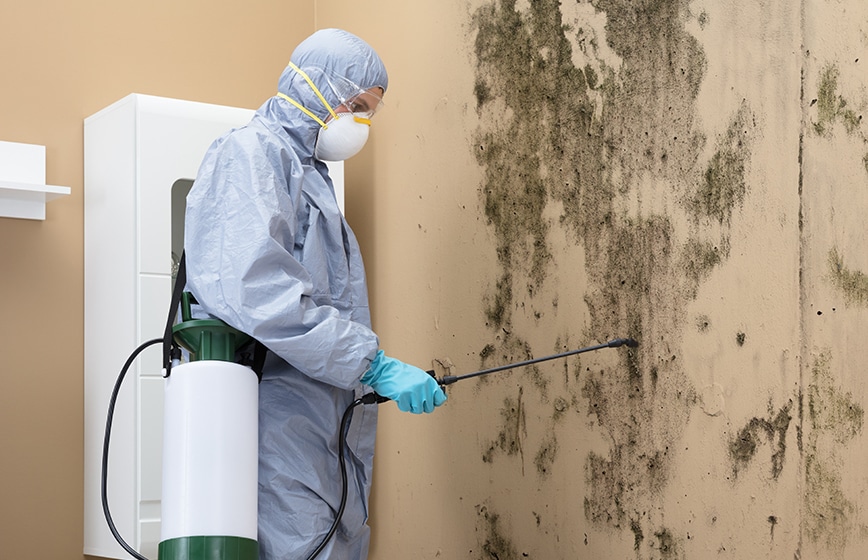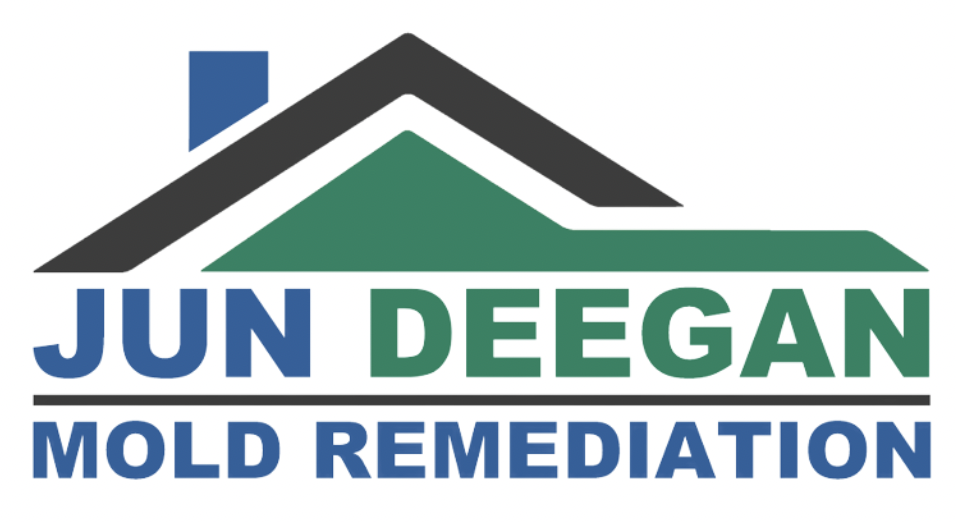Mold is more than just an unsightly problem—it poses serious risks to the health of occupants, the structural integrity of buildings, and the overall reputation of a business. For New Jersey business owners, understanding the causes, consequences, and prevention strategies for mold growth in commercial properties is crucial. Here’s an in-depth look at what you need to know to protect your business from mold-related issues.
What Causes Mold Growth in Commercial Buildings?
Mold thrives in environments where moisture, warmth, and organic materials are present. Common causes of mold growth in commercial buildings include:
- Water Leaks: Roof leaks, pipe bursts, or faulty plumbing can introduce moisture into walls, ceilings, and floors.
- HVAC Systems: Poorly maintained heating, ventilation, and air conditioning systems can create condensation, providing an ideal breeding ground for mold.
- High Humidity: NJ’s humid summers can lead to elevated indoor humidity levels, especially in poorly ventilated spaces.
- Flooding: Natural disasters, such as storms or hurricanes, can result in water damage and subsequent mold problems.
- Poor Drainage: Clogged gutters and improper grading around the property can lead to water accumulation near the building foundation.
The Risks of Mold in Commercial Properties
Unchecked mold growth in a commercial building can result in a host of problems:
- Health Concerns:
- Mold exposure can cause respiratory issues, allergic reactions, and even chronic illnesses, particularly for those with pre-existing conditions or weakened immune systems.
- Employees and customers may experience symptoms like coughing, sneezing, skin irritation, and headaches.
- Structural Damage:
- Mold feeds on organic materials like wood, drywall, and insulation, compromising the structural integrity of your building over time.
- Severe infestations can necessitate costly repairs and renovations.
- Legal and Financial Implications:
- Businesses may face lawsuits from employees or customers who suffer health issues linked to mold exposure.
- Insurance claims for mold damage are often denied if the problem is attributed to poor maintenance.
- Reputational Damage:
- Moldy odors and visible mold can create a negative impression, potentially driving away customers and clients.
Signs of Mold in Commercial Buildings
Early detection of mold can prevent extensive damage and costly remediation. Watch for these warning signs:
- Musty Odors: A persistent, damp smell may indicate hidden mold.
- Visible Growth: Mold can appear as black, green, or white spots on walls, ceilings, and other surfaces.
- Water Stains: Discoloration or bubbling paint often signals moisture issues that can lead to mold.
- Health Complaints: An increase in employee illnesses, especially respiratory or allergy-related symptoms, could point to mold exposure.
 Preventing Mold in Commercial Buildings
Preventing Mold in Commercial Buildings
Prevention is the best strategy for managing mold risks. Here are steps NJ business owners can take to safeguard their properties:
- Control Moisture:
- Regularly inspect the building for leaks and repair them promptly.
- Use dehumidifiers and air conditioners to maintain indoor humidity levels below 60%.
- Improve Ventilation:
- Ensure proper ventilation in high-moisture areas, such as kitchens, restrooms, and basements.
- Keep HVAC systems clean and well-maintained to prevent moisture buildup.
- Conduct Regular Inspections:
- Schedule routine inspections to identify and address potential water damage or mold-prone areas.
- Check roofing, gutters, and downspouts to ensure they are directing water away from the building.
- Use Mold-Resistant Materials:
- During renovations or new construction, consider using mold-resistant drywall, paint, and insulation.
- Respond Quickly to Water Damage:
- Address flooding or leaks within 24-48 hours to minimize the risk of mold growth.
- Dry affected areas thoroughly and dispose of water-damaged materials when necessary.
Mold Remediation: What to Do if Mold is Found
If you discover mold in your commercial building, take immediate action to prevent further damage and health risks:
- Hire Professionals:
- Engage a licensed mold remediation company experienced in commercial properties. DIY methods are often ineffective and can worsen the problem.
- Assess the Extent of the Problem:
- A professional inspection can determine the size of the infestation and identify hidden mold.
- Contain and Remove the Mold:
- Professionals will seal off affected areas to prevent mold spores from spreading.
- Moldy materials may need to be removed and replaced.
- Address the Source of Moisture:
- Fixing leaks, improving drainage, or upgrading ventilation systems is essential to prevent recurrence.
- Communicate with Stakeholders:
- Notify employees and tenants about the remediation process and expected timelines to maintain transparency.
Legal and Insurance Considerations
Mold issues in commercial buildings can have legal and insurance implications. Here’s what NJ business owners need to know:
- Understand Your Insurance Policy:
- Review your commercial property insurance policy to understand coverage for mold-related damage.
- Consider purchasing additional coverage for water damage or mold if not included.
- Comply with Regulations:
- New Jersey has strict regulations regarding indoor air quality, particularly in workplaces and rental properties.
- Failure to address mold issues promptly can result in fines and penalties.
- Document Everything:
- Keep detailed records of inspections, maintenance, and remediation efforts to protect yourself in case of litigation.
Mold is a serious concern for commercial property owners in New Jersey, but with vigilance and proactive measures, it can be effectively managed. Regular maintenance, prompt response to moisture issues, and professional remediation when necessary can save your business from costly repairs, legal troubles, and reputational harm. By staying informed and prepared, you can protect both your property and the people who rely on it.
Looking for Commercial Mold Removal Services in NJ?
If mold recurrence is a concern, consulting with NJ mold experts is a wise decision. With Jun Deegan Mold Remediation, you’re not just getting remediation; you’re investing in a long-term mold-free environment. Our proficient team addresses not only the visible mold but delves deeper to rectify moisture sources, ensuring mold doesn’t find its way back to your premises. Connect with Jun Deegan, where eradication meets prevention, ensuring you a safe, mold-free dwelling. Your peace of mind is just a call away.
Other Posts:
Mold Inspection in Hunterdon County
